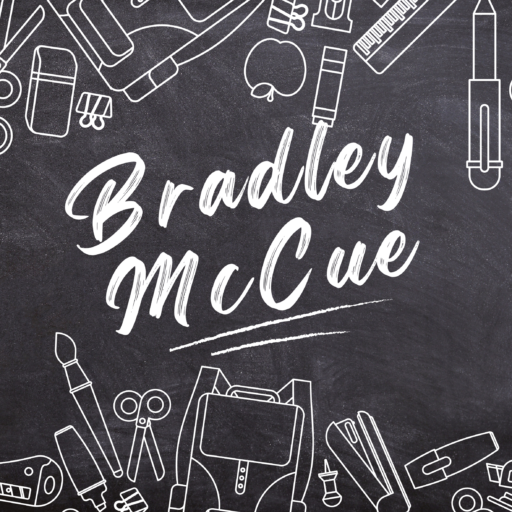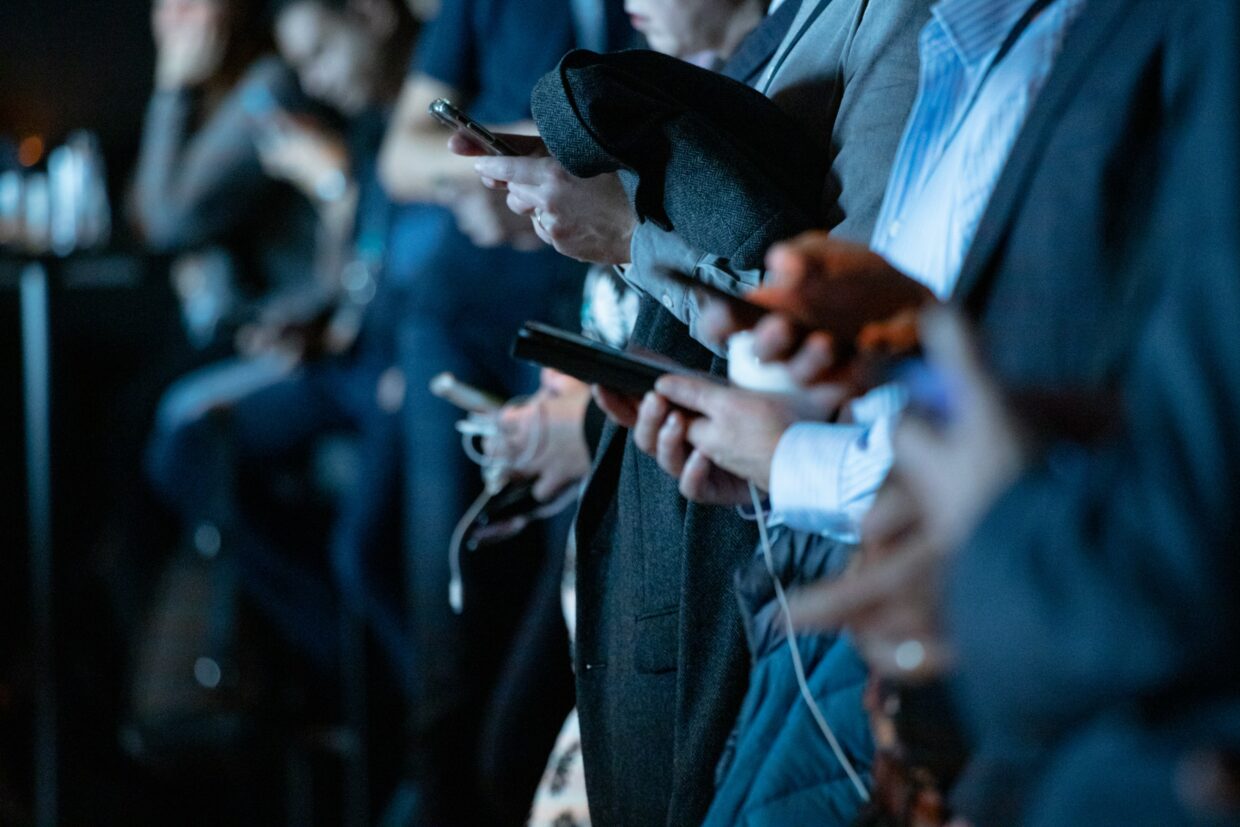When I was 14 years old, attending middle school, we had a dedicated computer class wherein a teacher would go through the intricacies of the internet and how to properly utilize the internet in the best way we could as 9th grade students. My best friend and I both had this class, however he would take the class earlier in the day and I would be in an afternoon class. During lunch one day, he told me that I was going to love computer class that day because we were being introduced to a new browser specific tool called Facebook. Later that day, I would create my first ever social media account as part of a class project, an account I still use every single day.
As my friends and I started to marvel at this new, ground-breaking piece of technology, we instantly understand the mission of social media and began to use it for what I believe was Facebook’s intended purpose. Performance. We would create glimpses into our personal lives and find ways to artistically or comically present that information to our peers in hopes of a response, which thankfully Facebook was also designed for. We would use this new idea of a social media account to show people who we wanted to be, rather than who we actually were. Suddenly, there was this brand new system that could be used for free by anyone over the age of 13, and we were all sucked directly into the vortex of creating a public image that would exist separately from our self image and the image people create of you simply from interacting with you. We were given the power to be whatever we wanted, and all of us abused it.

Photo by Camilo Jimenez on Unsplash
As Facebook would continue to evolve beyond simply making posts and liking said post, it was also forming a new type of culture that would engage with each other at all times. There was simply no escaping social media. Once Facebook took off, others with similar mission statements such as Twitter, Instagram, and a plethora of failed Facebook clones, but they all had the same idea. Present yourself to the world as an exhibit. There was suddenly no way to define yourself through a genuine act of self expression. The people who you knew outside of the online space were suddenly comparing your outward appearance and personality to what you deemed crucial enough to post on social media. We were thrown into this brand new world where there was no definition of audience. Social media allows for constant expression, and because of this, people were all of sudden creating personalized content and without a second thought, that content could be published. Some could argue this freedom of expression causes means for topics of discussion, but I feel that any message trying to break forth from social media’s limitations is muffled and distorted by the billions of posts that are created every day.
So now, we look back on social media and contemplate how we can create learning opportunities for users of social media. History and observation alone can confirm that social media is horrifyingly addictive, especially to a younger demographic. Social media, for better or worse, is sticking around. How could we possibly use this piece of technology for anything beyond teaching the masses that this incredibly useful tool has become socially unintuitive? How can we display the practical use for social media to our students without burying them in conflict ideas and false representation? According to an article on Zettasphere.com, just under 55,000 Facebook posts are made every second. How do we wade through the unending stream of user created content to find voices lost among them? Social media must be a powerful application because all of the tools for effective communication, using features such as Messenger or Groups, are present, but yet we have yet to perfect communicating in a way that is more than performance art. I believe that comedian Bo Burnham put it best when he said “…It’s (social media) performer and audience melded together. It’s prison. It’s horrific. If you can live your life without an audience, you should do it.” (Bo Burnham, Make Happy)
Watson, T. (2019, August 2). Mind boggling stats for 1 second of internet activity. Zettasphere. Retrieved September 25, 2022, from https://www.zettasphere.com/mind-boggling-stats-for-1-second-of-internet-activity/
Bo Burnham: Make Happy, Directed by Bo Burnham and Christopher Storer, Performed by Bo Burnham, 3 Arts Entertainment, 2016. Netflix App.


cmassier 27 September 2022
Brad, this post is great! You did a fantastic job with the hook at the beginning! Starting with a story really helped demonstrate the “what” in a personal way. Throughout this post, you did a great job of explaining the “so what” when you discussed the addictiveness of social media. This was a great reflection and beautifully written. I loved your quote from Bo Burnham and your use of pictures! One thing though, it was a little too “academic” for a blog post in my opinion.